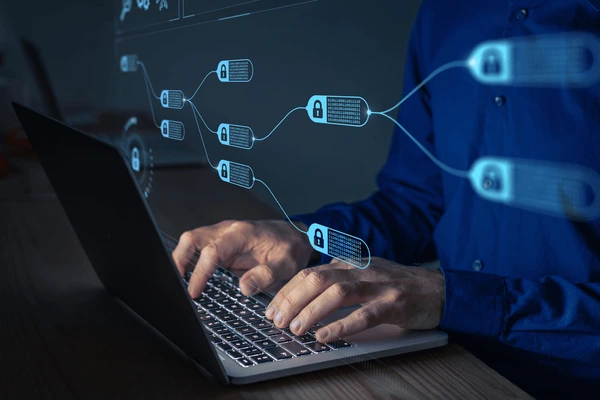As the popularity of cryptocurrencies continues to soar, the importance of securely storing digital assets has never been greater. Crypto wallets play a crucial role in this process, serving as the digital Read More
Understanding Crypto Wallets
Crypto wallets are digital tools that allow users to store, send, and receive cryptocurrencies. There are two main types of crypto wallets: hot wallets and cold wallets.
Hot Wallets: Hot wallets are connected to the internet and are typically used for everyday transactions. They are convenient and easy to access, making them ideal for storing small amounts of cryptocurrency for regular use. However, because they are connected to the internet, hot wallets are more susceptible to hacking and cyberattacks.
Cold Wallets: Cold wallets, on the other hand, are offline storage solutions that offer enhanced security. Cold wallets can take various forms, including hardware wallets (physical devices that store cryptocurrency offline) and paper wallets (printed or written records of cryptocurrency keys). Because cold wallets are not connected to the internet, they are immune to online threats such as hacking and malware.
Security Best Practices
Regardless of the type of wallet you choose, implementing robust security measures is essential for protecting your digital coins. Here are some best practices to keep in mind:
1. Choose a reputable wallet: When selecting a wallet provider, opt for reputable and well-established companies with a proven track record of security. Research different wallet options and read user reviews to ensure you choose a reliable provider.
2. Enable two-factor authentication (2FA): Two-factor authentication adds an extra layer of security to your wallet by requiring a second form of verification, such as a code sent to your mobile device, in addition to your password. Enable 2FA whenever possible to reduce the risk of unauthorized access to your wallet.
3. Backup your wallet: Backing up your wallet is essential in case you lose access to your device or it becomes damaged. Most wallet providers offer the option to create a backup seed phrase—a series of words that can be used to restore access to your wallet in the event of loss or theft. Store your backup seed phrase in a secure location, such as a safe or safety deposit box.
4. Keep software up to date: Regularly update your wallet software to ensure it has the latest security patches and features. Outdated software may contain vulnerabilities that could be exploited by hackers.
5. Use strong passwords: Choose a strong, unique password for your wallet that combines letters, numbers, and special characters. Avoid using easily guessable passwords or reusing passwords from other accounts.
Final Thoughts
By following these security best practices and choosing a wallet that meets your needs, you can enjoy peace of mind knowing that your digital coins are safe and secure. Whether you prefer the convenience of a hot wallet or the enhanced security of a cold wallet, taking proactive steps to protect your crypto assets is essential in the fast-paced world of cryptocurrency.




